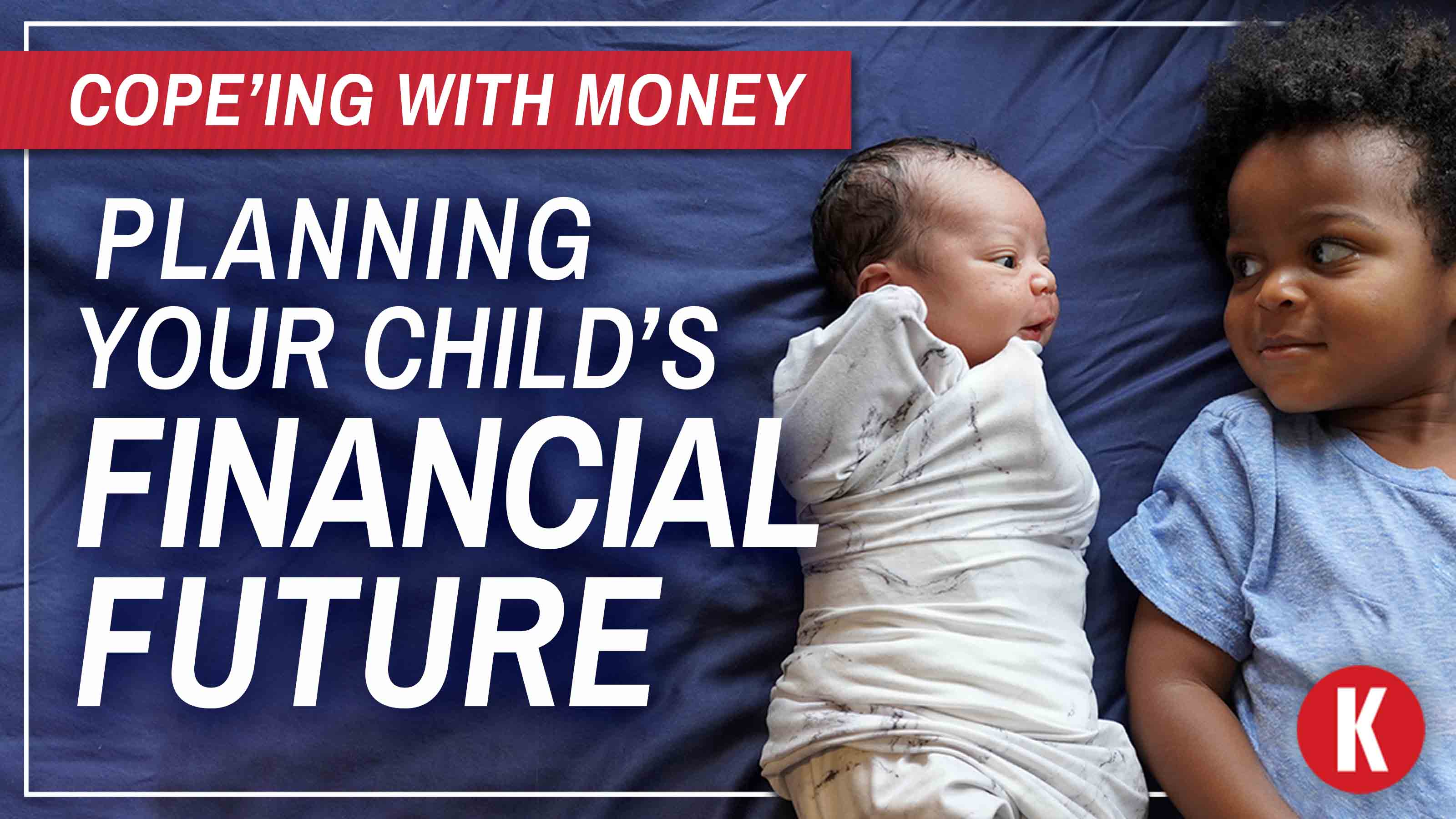Why the Humble Penny Refuses to Die
The coin's survival has more to do with lobbying dollars than common sense.

Profit and prosper with the best of Kiplinger's advice on investing, taxes, retirement, personal finance and much more. Delivered daily. Enter your email in the box and click Sign Me Up.
You are now subscribed
Your newsletter sign-up was successful
Want to add more newsletters?

Delivered daily
Kiplinger Today
Profit and prosper with the best of Kiplinger's advice on investing, taxes, retirement, personal finance and much more delivered daily. Smart money moves start here.

Sent five days a week
Kiplinger A Step Ahead
Get practical help to make better financial decisions in your everyday life, from spending to savings on top deals.

Delivered daily
Kiplinger Closing Bell
Get today's biggest financial and investing headlines delivered to your inbox every day the U.S. stock market is open.

Sent twice a week
Kiplinger Adviser Intel
Financial pros across the country share best practices and fresh tactics to preserve and grow your wealth.

Delivered weekly
Kiplinger Tax Tips
Trim your federal and state tax bills with practical tax-planning and tax-cutting strategies.

Sent twice a week
Kiplinger Retirement Tips
Your twice-a-week guide to planning and enjoying a financially secure and richly rewarding retirement

Sent bimonthly.
Kiplinger Adviser Angle
Insights for advisers, wealth managers and other financial professionals.

Sent twice a week
Kiplinger Investing Weekly
Your twice-a-week roundup of promising stocks, funds, companies and industries you should consider, ones you should avoid, and why.

Sent weekly for six weeks
Kiplinger Invest for Retirement
Your step-by-step six-part series on how to invest for retirement, from devising a successful strategy to exactly which investments to choose.
A penny for your thoughts isn’t much of a bargain these days. Not only is a penny worth less than ever thanks to inflation, but the cost of minting each Lincoln has been more than its face value for almost a decade.
Canada, Australia, New Zealand and other countries have deep-sixed their smallest coin, but the U.S. penny endures, as the U.S. Mint continues to churn out millions per year to replace the coins vanishing into change jars and vacuum cleaner bags.
Many people—noted economists among them—back the penny’s retirement. Even President Obama has said he’s open to that. But it’s been years since anyone in Congress made a bid to kill the penny. One big reason: the zinc industry. A penny is actually 97.5% zinc and only 2.5% copper, so the group is deeply interested in its survival.
From just $107.88 $24.99 for Kiplinger Personal Finance
Become a smarter, better informed investor. Subscribe from just $107.88 $24.99, plus get up to 4 Special Issues

Sign up for Kiplinger’s Free Newsletters
Profit and prosper with the best of expert advice on investing, taxes, retirement, personal finance and more - straight to your e-mail.
Profit and prosper with the best of expert advice - straight to your e-mail.
And yes, Washington has a penny lobby. It’s called Americans for Common Cents.
Take a look at 7 more everyday things that refuse to die. You'll be surprised by many of them.
Profit and prosper with the best of Kiplinger's advice on investing, taxes, retirement, personal finance and much more. Delivered daily. Enter your email in the box and click Sign Me Up.

In his former role as Senior Online Editor, David edited and wrote a wide range of content for Kiplinger.com. With more than 20 years of experience with Kiplinger, David worked on numerous Kiplinger publications, including The Kiplinger Letter and Kiplinger’s Personal Finance magazine. He co-hosted Your Money's Worth, Kiplinger's podcast and helped develop the Economic Forecasts feature.
-
 Nasdaq Leads a Rocky Risk-On Rally: Stock Market Today
Nasdaq Leads a Rocky Risk-On Rally: Stock Market TodayAnother worrying bout of late-session weakness couldn't take down the main equity indexes on Wednesday.
-
 Quiz: Do You Know How to Avoid the "Medigap Trap?"
Quiz: Do You Know How to Avoid the "Medigap Trap?"Quiz Test your basic knowledge of the "Medigap Trap" in our quick quiz.
-
 5 Top Tax-Efficient Mutual Funds for Smarter Investing
5 Top Tax-Efficient Mutual Funds for Smarter InvestingMutual funds are many things, but "tax-friendly" usually isn't one of them. These are the exceptions.
-
 How to Achieve Your 2022 New Year's Resolutions
How to Achieve Your 2022 New Year's ResolutionsBrandon Copeland You've already made your New Year's resolutions. Atlanta Falcons linebacker and Kiplinger contributing editor Brandon Copeland explains how you can stick with them and accomplish them.
-
 Santa's End-of-the-Year Finance Tips
Santa's End-of-the-Year Finance TipsFeature Atlanta Falcons linebacker and Kiplinger contributing editor Brandon Copeland shares a few ways you can improve your finances before 2022 gets here.
-
 Planning Your Child's Financial Future
Planning Your Child's Financial FutureFeature Atlanta Falcons linebacker and Kiplinger contributing editor Brandon Copeland talks about ways to set your child up with a strong financial foundation.
-
 Veteran Financial Advice to the NFL's New "Overnight Millionaires"
Veteran Financial Advice to the NFL's New "Overnight Millionaires"Feature As the NFL Draft looms, Kiplinger.com contributing editor and NFL linebacker Brandon Copeland offers guidance to those about to receive a boatload of cash.
-
 5 Defense Stocks Poised to Go on the Offensive
5 Defense Stocks Poised to Go on the OffensiveFeature Rising federal spending bodes well for all makers of military hardware and services. But these will do better than most.
-
 Be Smart with Social Media at Work
Be Smart with Social Media at WorkFeature You’ve got to be careful with what you post online. That goes double when the workplace is involved.
-
 Biggest Blockbuster Drugs of All Time
Biggest Blockbuster Drugs of All TimeFeature Lipitor, Humira and Advair boosted the bottom lines of Big Pharma companies and their shareholders for years.
-
 Kiplinger's Favorite High-Yield Dividend Stocks
Kiplinger's Favorite High-Yield Dividend StocksFeature These four picks are well suited for many income investors including retirees.